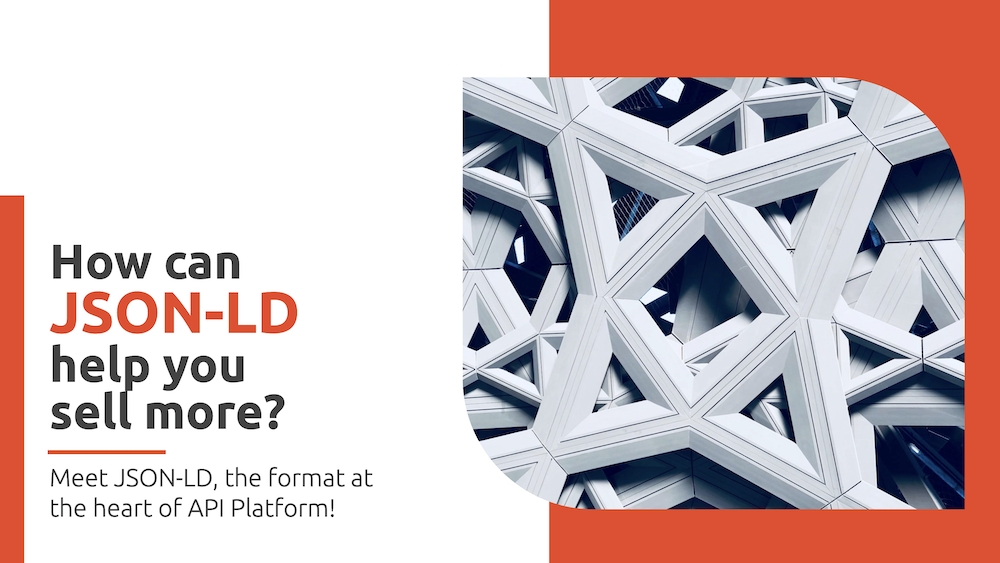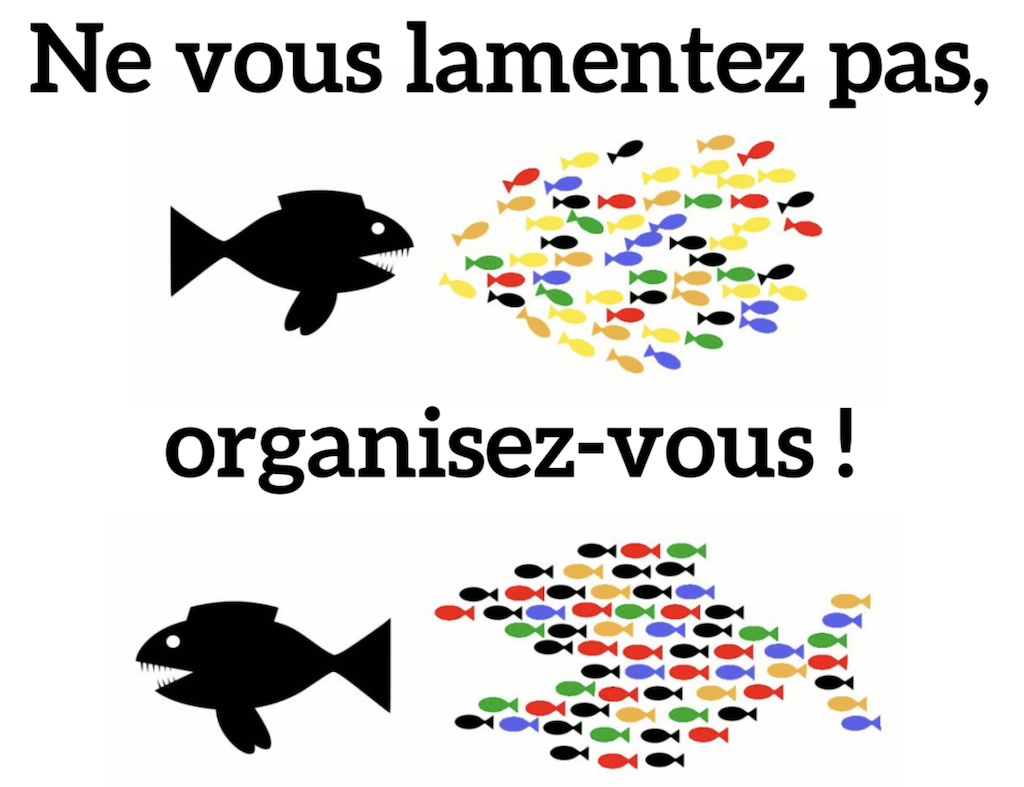Available translations: French At Les-Tilleuls.coop, we’re constantly striving to reduce the environmental footprint and hosting costs of the projects we work on (eco-design, GreenOps, and FinOps strategies…). We generally focus on optimizing production code and infrastructure, but the CI/CD pipelines used to build and deploy applications can also consume a lot of physical and financial…
Category: API Platform
How Can JSON-LD Help You Sell More?
By default, all data exposed by the Sylius API and all APIs using API Platform are formatted using JSON-LD, “JavaScript Object Notation for Linked Data”. This is no accident! Understanding and using JSON-LD can dramatically improve your offers’ reach and enhance the customer experience. In this talk, we will see how the RDF data model,…
Ne vous lamentez pas, organisez-vous !
Intervention réalisée avec Anne Lesouef, coprésidente de l’Offensive et présenté lors de la première conférence onestla.tech. La tech a pris le pouvoir. Au cours des dernières décennies, le secteur des nouvelles technologies est devenu la locomotive de l’économie mondiale. La révolution de l’IT a permis à quelques ingénieurs devenus capitaines d’industrie de s’enrichir comme jamais…


